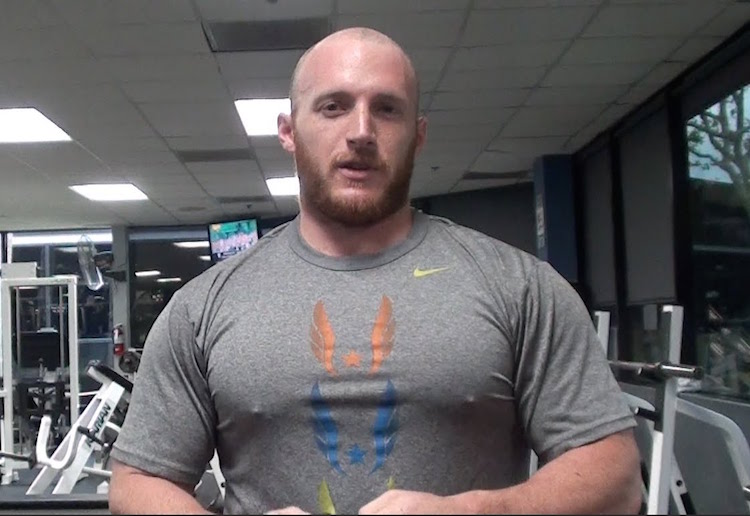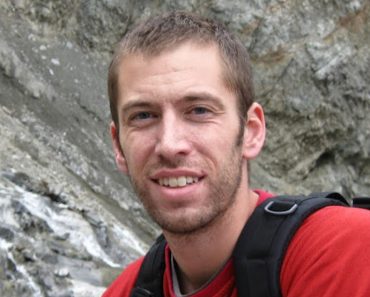Bryce Lewis is a competitive, drug-free elite powerlifter who holds records in the USA Powerlifting federation (USAPL), International Powerlifting Federation (IPF), and American Powerlifting Association (APA). He’s worked for years to promote raw, drug-free powerlifting through his coaching services website The Strength Athlete, his YouTube channel, and his Facebook fan page.
In addition to his extensive athletic endeavors, Lewis graduated from UCLA in 2010 with a bachelor degree in philosophy and plans to continue coaching athletes across the globe through his website, helping them develop the right tools for success. His passion for science and evidence-based philosophies have been a much-needed addition to the powerlifting community.
How did you decide to create a specialized coaching business to work with powerlifters?
Actually, deciding to start coaching athletes was the simple part. I knew I wanted to help athletes and had the skills to be able to do so. I’ve been a competitive powerlifter and bodybuilder and have studied training, programming, and peaking approaches for powerlifters.
I was at a time of transition in my life and originally considered this to be something I wanted to devote a lot of time, attention, and care to. I did not plan on it being my full time career at the time as I was also beginning to pursue a secondary degree in biochemistry, but I did plan to pursue coaching and the welfare of the athletes who choose to hire me as seriously as possible.
In what ways does your online coaching platform allow you to offer coaching that’s tailored to the needs of individual athletes?
Everything we do is tailored to the need of individual athletes. Not that non-custom approaches don’t work effectively, but we feel we can increase athlete adherence and enjoyment in the sport by creating approaches that specifically fit with the needs of the athlete, and that changes as the athlete changes.
A big part of that is initial data collection. We have athletes fill out a thorough application and schedule a phone/Skype call with us. During the call, we chat about past training, relationship with food, competitive weight class and competition plans, and goals in the short and long term.
We combine all of this information to create what we feel is a training and nutritional approach that fit the athlete, and still allows for progression. This would be the same if we coached athletes in person, so we try to keep communication high and also allow for athlete autonomy and learning on their own.
What are some common goals that you help athletes to reach?
Actually, building on the answer to the last question, I feel its important to coach the athlete to be able to better coach themselves. Ideally we want all athletes to ask questions and understand basic training principles and program design, how to peak effectively and what constitutes good technique.
We work with many personal trainers and coaches themselves, so this knowledge will further allow them to be successful. Besides the obvious goals of a bigger powerlifting total and more muscle mass and a leaner body composition, we work to build a healthy relationship with sport, with motivation, and with themselves.
Enjoyment in the process and ongoing education are key parts of the process.
How do your own fitness goals intersect with those of your clients?
As a competitive powerlifter myself, my goals are similar to that of many of our athletes. Not all athletes we work with have desires to be internationally competitive, but for those that do, those interests intersect at a very fundamental level.
What’s your advice to other people who are heavily involved in fitness in their own lives and are thinking about pursuing a fitness-related career?
There are many conversations that can be had in regards to pursuing a fitness-related career. One is to make sure that you are passionate about helping people, and not just passionate about fitness in general.
I think people sometimes confuse the two, or get into a fitness-related career for stardom or extra cash or other ulterior motives. Just because you are interested in barbell sports does not mean you can be a good coach. People often look to Maradona as an excellent soccer player who did not pan out to be an excellent coach.
Next, make sure to continue ongoing education, be a good person, find balance in your life, don’t overwork yourself to the point that the quality of your interactions decreases, and don’t intentionally seek out conflict.
It’s very easy to be critical. Seek out real and lasting connections with other fitness professionals, and engage in healthy discourse regularly. Think critically and demand evidence. I don’t want this to come across as life advice or as elitist, its just based on my own experience and the experience of those I have heard about.







